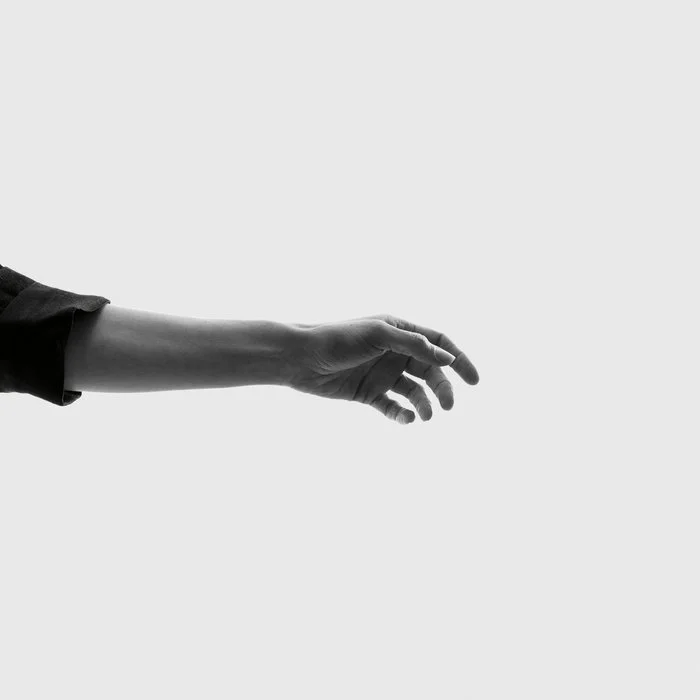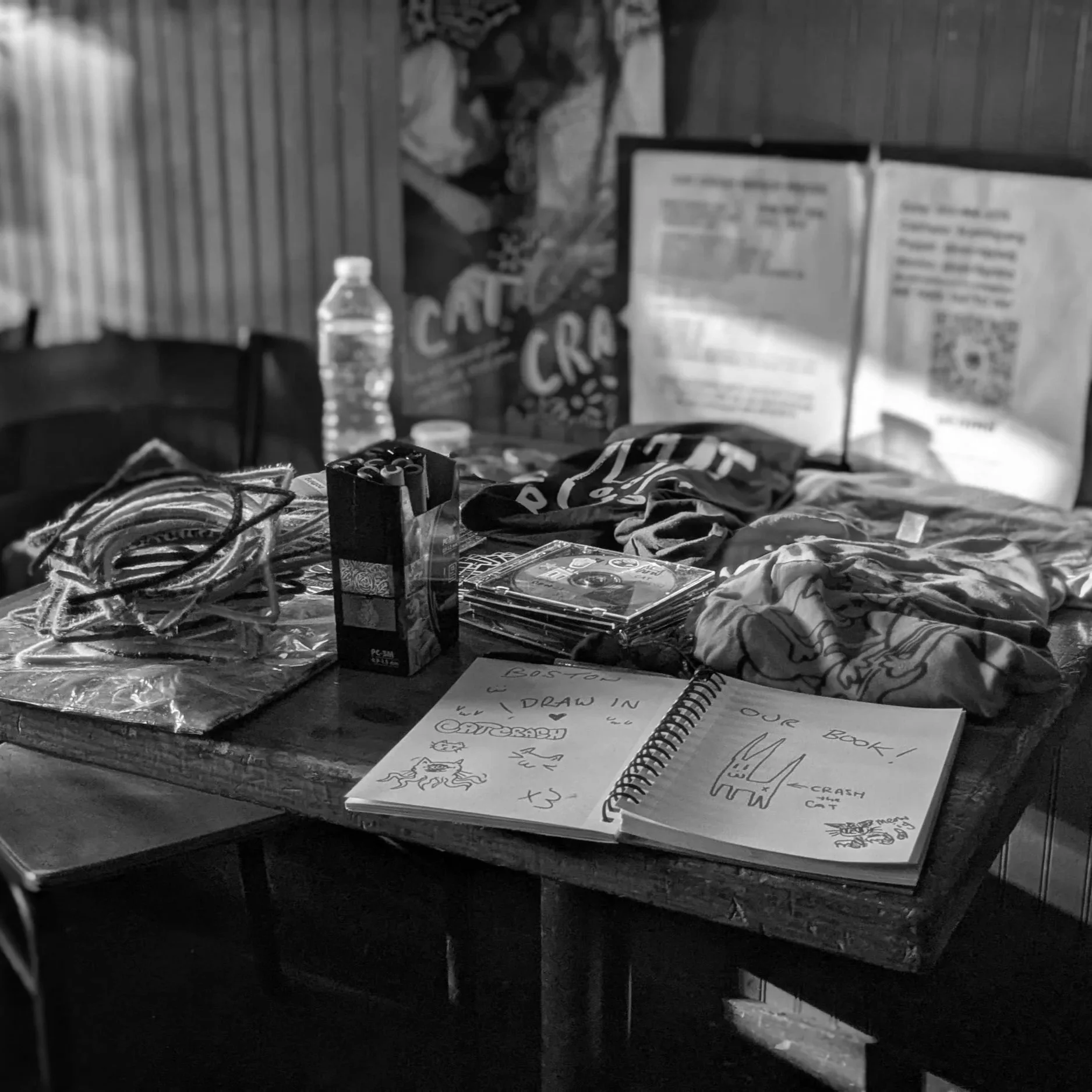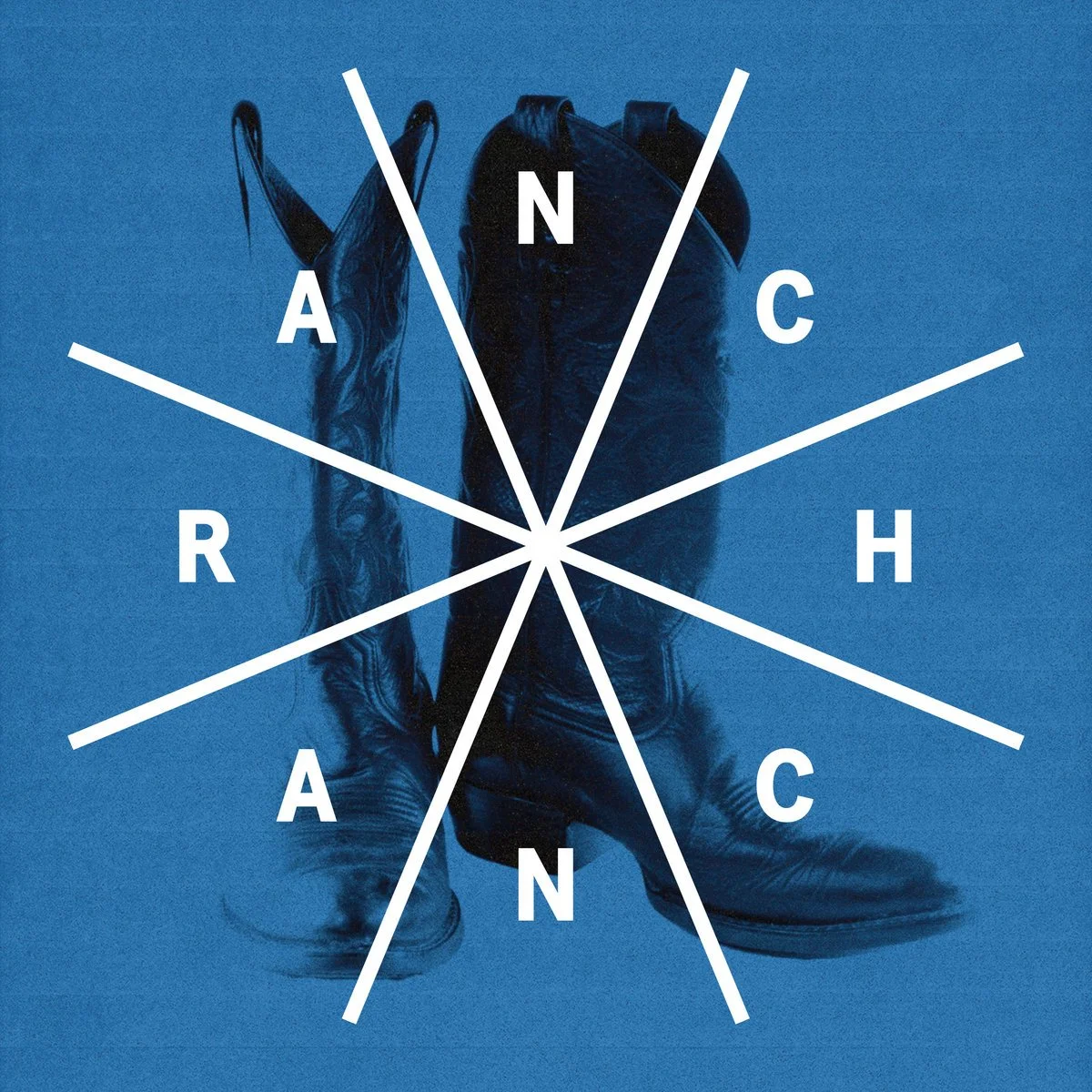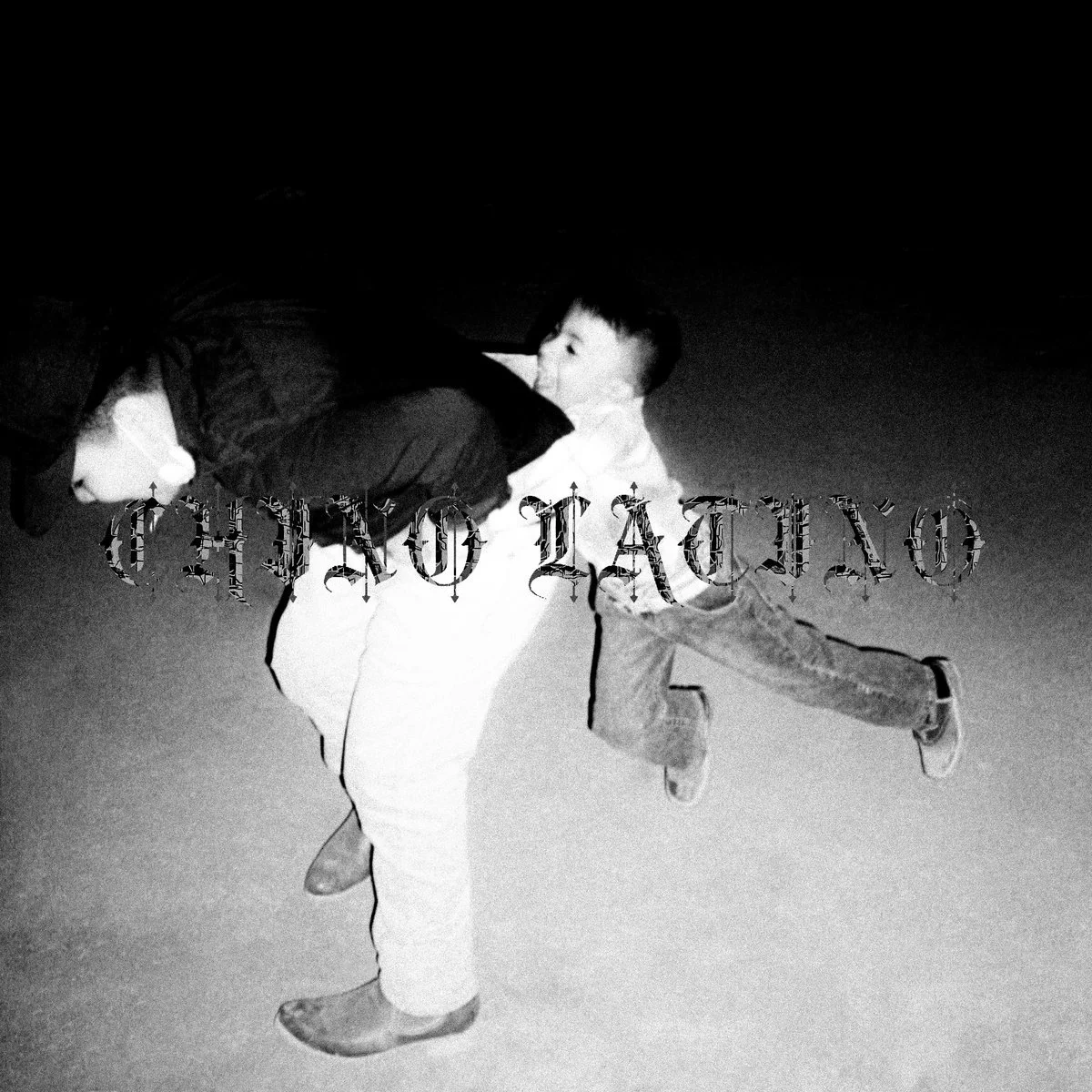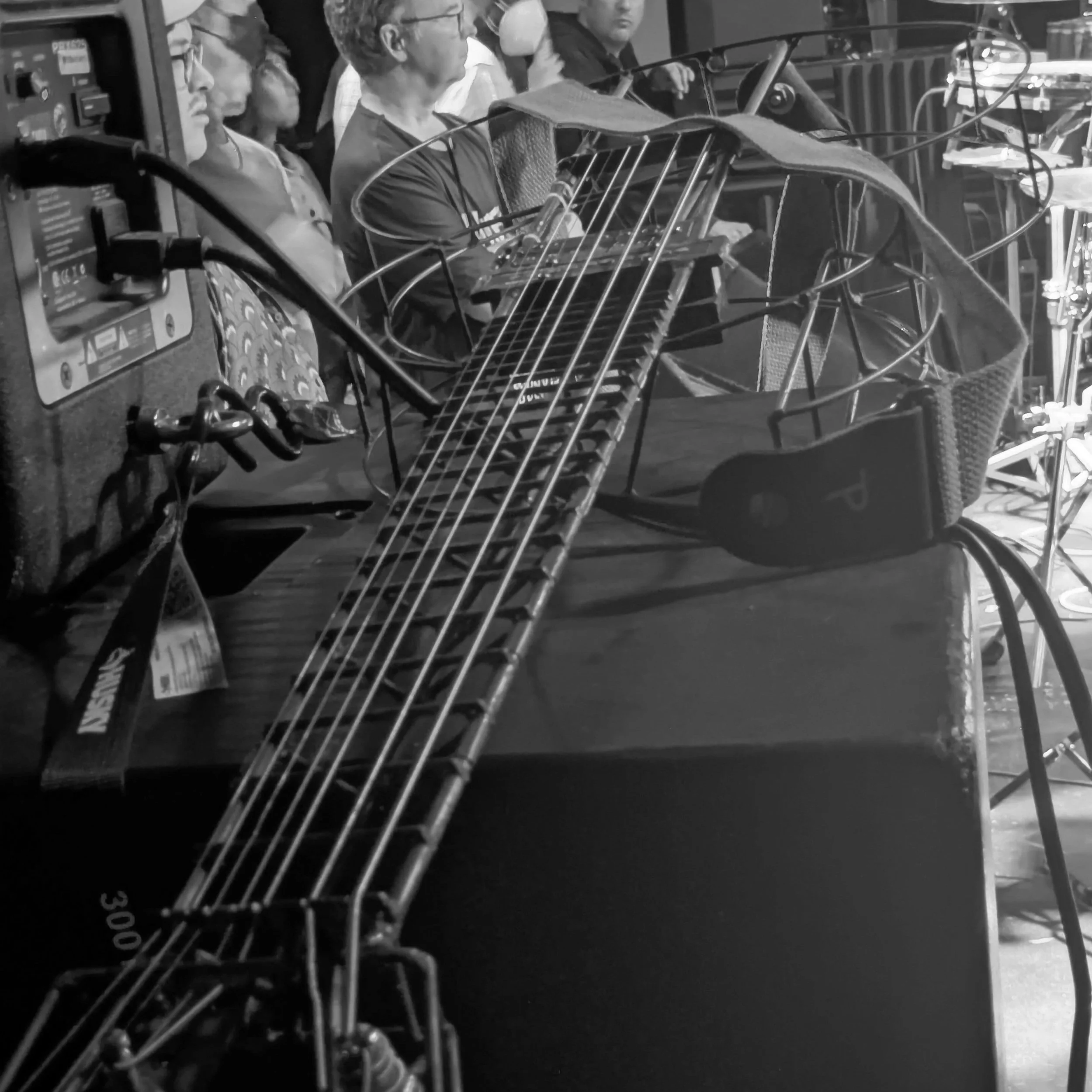Keeley Forsyth: Limbs
Keeley Forsyth: Limbs
The Leaf Label 2/25/2022
There is a solitary quality to modern life that is much bemoaned. That quality has a sound and the sound is silence. In eight tracks on the recent LP Limbs, Keeley Forsyth explores the sonic potential of negative space as a musical partner in dialogue. In lithe arrangements located at the margins of classical music and minimalist spoken word, Forsyth invites the silence to come in from out of the cold and stay a while. Whether or not the silent specter of solitude can be befriended by such acts of kindness is unknown.
Throughout the album, the strongest instrument is Forsyth’s own voice. “Wash” is a good example of the depth of Forsyth’s vocals. Although she sings on the lower end of the register, the depth is a matter of timbre, not pitch. You might describe the timbre as a convex quality. The line of her voice subtly withdraws and resurfaces over the course of an articulation of a syllable or stanza. The effect is a textural analogue to vibrato (which she uses to good effect as well), except the intervals of oscillation are mapped according to the sense of the words being sung rather than mathematical frequencies. Delicate cymbal work by Evelyn Glennie in the background underlines the impact of the vocal work in the foreground.
Forsyth’s musical collaborators make big impacts in the minimalist spaces of Limbs. “Land Animal” comes on like a ballad with a delicate piano accompaniment by Matthew Bourne. The piano frames Forsyth’s vocals more decisively than the more open-ended, synth-forward compositions. The result of a more structured presentation to the listener is a more structured response from the listener. Forsyth presents the initial riddle: an image of bondage, struggle, release, drawn in the faintest outlines. From the riddle we are ushered along to the conclusion: “Show himself as a killer.” It’s the logic of a dream. The parting thought feels apt, but the connective thread between the setup and payoff never materializes.
On the leadoff track “Fires” Forsyth envelops the listener in a synth-charged fogbank. Forsyth’s solitary vocals cut through the haze. Her lyrics are forceful, vivid, direct in their choice of language, but the meaning is elusive. “Sadness.” “Chair.” “Fires.” “I see.” “I know.” The expressiveness of the song is distilled down to, again, a dream precipitate. What is shown and explained is all the more powerful in virtue of what is withheld.
For all that is said and performed, it’s what is withheld that defines this album. In the title track “Limbs” the listener is made aware of the looming negative spaces contained within the album. It’s the sound of a repeated knocking in the background of the composition. The hard soles of a pair of dress shoes ascending up a wooden staircase? The quality of the sample is like that of a found sound, recorded from out of the commonplace and everyday. But relocated into the spare setting of Forsyth’s sonic meditation, the sample takes on an eerie, disembodied existence like a severed limb. The sound is with the song, but not of the song.
In “Silence”, Forsyth gives the compositional element of silence its direct nod. She repeats the following stanza three times: “My eyes are meant // My silence is intent.” There is a double rhyme in sound and sense. “Meant” rhymes with the sound of “intent,” but the sense of each word also echoes the other. What is meant, has intent, and vice versa. The parallel at the end of each line raises a question about a potential parallel at the start of each line. Are “eyes” like “silence”? On Limbs, yes. The silence becomes a second or third actor in these compositions. The silence is a partner, who serves as critic, support, interrogator, comfort.
Keeley ForsythWhen Forsyth arrives at the final song of the album “I Stand Alone”, the thoughtful listener has already advanced beyond a superficially negative impression of solitude. We’re not talking here about Bridget Jones wallowing in ice cream and vodka, alone on a Saturday night. We’re talking about the fact that the one great constant in life, from birth to death, is the inconstancy of all that surrounds us. You don’t need to be a solipsist to acknowledge that everything you value can be stripped away from you except the subjectivity who remains to mourn the loss.
But Forsyth is not here just for mourning, nor is the listener. We humans are fragile – OK, what’s next? A larger question presents itself: can we come to terms with that large, blank, null void that tarries constantly alongside us? To paraphrase an over-quoted philosopher, it’s not happiness, or freedom from suffering, that we yearn for so much as meaning. There’s little we can’t endure, if only we can find meaning in our deprivation. In “I Stand Alone” Forsyth characterizes that tarrying with nothingness in terms of pining for a lover:
“In the quiet
In the dark
I struggle to make out your face
I struggle to find your love
In the dark I struggle”
If this nighttime scene describes the yearning for physical love, it’s a good metaphor for deprivation but a bad spiritual solution. A sexual lover could never be the hat to hang on the hook of that great silence that accompanies us throughout life because sexual love is consummated, achieved, realized in a way that always remains out of reach with true oblivion. Forsyth suggests a different way to come to terms with the great silence in the metaphor of friendship:
“Who will be my friend?
As the day comes to a close
And the shadow chases the last fox
Under the edge across the field”
Unlike a lover, who promises union, a friend always holds a little bit of him- or herself in reserve. You may discover new things about old friends that you never suspected to be the case, made all the more surprising in the context of all you think you know about them. You may even discover one day that a friend is not a friend at all. “Having” a friend is too strong a phrase – it suggests we have more control over the relationship than we do. How many friends have you had in your life simply by virtue of being thrown into a mutual predicament? A school friend? An officemate? An exercise buddy? it’s better to say that friendship has us, and it will remain so as long as we are hospitable and fortunate.
Can we find meaning in the great nothingness by making friends with it? Nothingness is not a friend you want to have, but it’s a friend that wants you. It will seek you out from the far corner of the room at a crowded party. Don’t think you can ignore it, it’s the host. And if you like everyone else in the room (you do), you’ll extend a limb, give a brief shake or a hug, and enjoy the rest of your evening.






